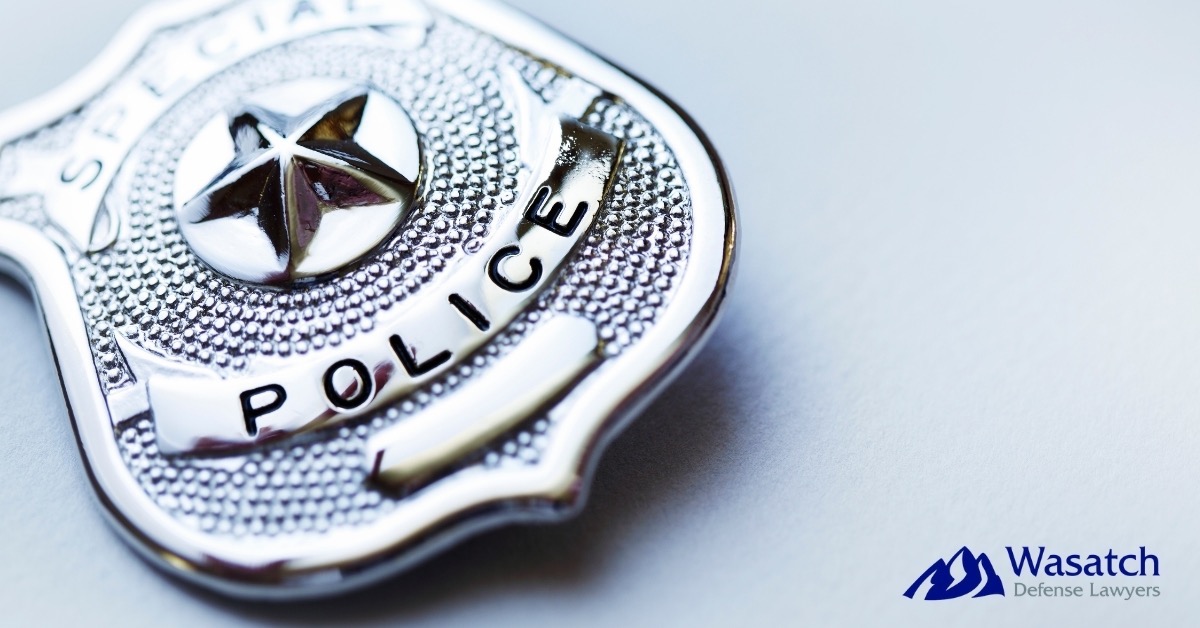Has Police Misconduct Impacted You?
The allegation of police misconduct affecting one’s case and the right to fair justice has been a long-standing issue. Ideally, police misconduct laws, multiple prevention programs, and processes have been put in place to prevent misconduct from manifesting and influencing the carriage of justice at all levels. However, in practice, case after case continues to occur, showing the stark difference between clearly influenced outcomes and those that are treated objectively under the law. Much of that has to do with the fact that police misconduct oftentimes doesn’t stop with the singular police officer involved.
General Provisions
Most, not all, police departments have and maintain various offices and ethics with regards to appropriate behavior in law enforcement. Who investigates police misconduct includes internal affairs officers who exist in larger departments to actively pursue and investigate police misconduct, and larger cities have commissions that also review cases independent of police management. However, regardless of all these barriers, police misconduct continues to happen frequently because one thing has not changed, the informal police culture to cover up and protect fellow officers when wrongdoing occurs. This perspective starts early in training where officers learn to categorize people they deal with into three categories: know-nothings (innocents), smart asses (people with attitudes towards police and the badge), and bona fide criminals (actual criminals. Us against them view then gets reinforced as young officers learn quickly the only practical protection they have is their partners and squad when help is needed the most on the streets. The results are predictable, misconduct gets ignored until it becomes a bigger issue or an actual crime
Types of Police Misconduct
Misconduct by law enforcement officers can be wide-ranging and not limited to just one behavior type. While the category that affects defendants the most tends to be evidence tampering or false accusations (resisting arrest and causing harm to an officer tend to be the most common), police misconduct can range from drug abuse to conspiracy to bribes to omission. In short, just about any crime that can occur in public could also be committed by an officer and fall into police misconduct as well. The difference is that the officer knows what he is doing is incorrect and it affects his role and performance being an objective law enforcement resource to the community.
Fortunately, Protections Do Exist
The fact that the criminal justice system has existed the way it has with the ability to assert an aggressive defense and access all police records and evidence associated with a case is the primary factor that has repeatedly uncovered police misconduct. While it is decades old, the adversarial nature of the criminal case in trial and the defense attorney’s right of access to all evidence allows much of the coverup that can occur in a misconduct case to be exposed and identified publicly. It is not a perfect system; as noted earlier misconduct cover-up can reach much higher than the line police officer, with even prosecutorial offices and judges omitting evidence in corrupt circumstances. However, because the nature of the trial court is so public, these instances are rarer than the nonsense that may frequently happen at the street level. Much of the difference has to do with the fact that a criminal case can be seen, documented, heard, and appealed. And that takes the misconduct out of the hands of those involved, especially when it threatens the justice system as a whole.
The Defendant Has to Be Assertive
Unfortunately, a legal defense against alleged in police misconduct cases doesn’t happen on the natural. There is no guarantee provided to a defendant that the justice system will automatically look for and ferret out problems affecting a given case. The defendant has to aggressively find and pursue the matter and make the related argument in court as a defense, which can very hard to do when one is the accused and the finger of public shame and embarrassment has already found a person “guilty” before trial. This is why a skilled and experienced defense that has the ability to objectively work to uncover undue influence in a case matters so much. A good legal counsel trained to know what to look for and spot misconduct knows where to find the evidence if it exists and covered up, especially now in a world where just about everything has a record of some sort.
The Wasatch Defense Lawyers are your primary resource for a police misconduct attorney and asserting a solid push back on police misconduct in your case. Our attorneys have repeatedly identified and proven where misconduct has illegally influenced cases and charges, protecting our clients effectively with outcomes that reduce or threw out the related charges in court once shown they were false or compromised.
If you need more than just a simple defense because what’s really going on is a clear snow job, then it’s time to bring in the Wasatch Defense Lawyers on your team. Your freedom and name depend on having police misconduct lawyers on your side.
- What You Need To Know About Sexual Assault Defense In Utah - March 26, 2024
- How Are Criminal Charges Classified In Utah? - January 30, 2024
- Navigating the Snowy Path of Sex Crime Accusations: Your Rape Defense Lawyer’s Strategic Help - December 26, 2023

